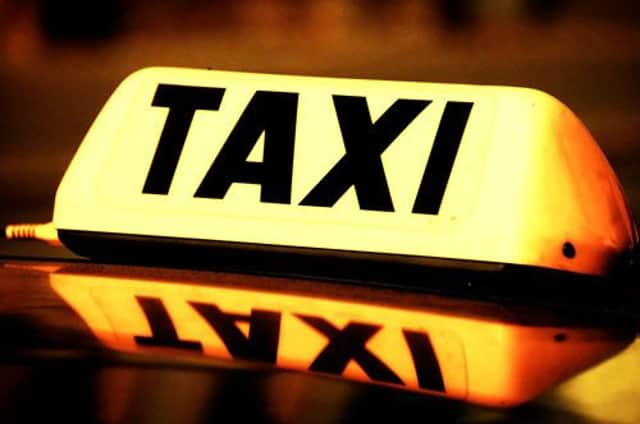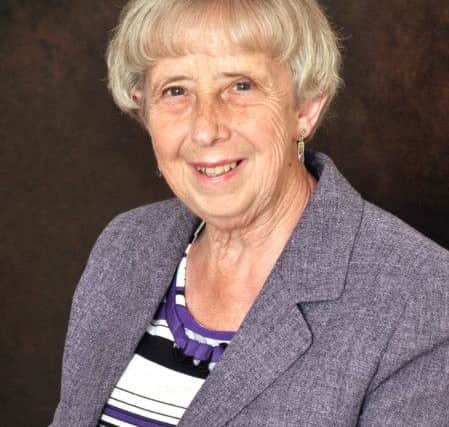Taxi loophole closure hailed as common sense by South Tyneside councillor


The Department of Transport move follows calls from many local councils, including South Tynesode, for there to be improved vetting of mini bus drivers.
At present, taxi drivers are licensed by local councils who require Enhanced Police Checks and carry out other vigorous checks to ensure they are ‘fit and proper’ to transport members of the public.


Advertisement
Hide AdAdvertisement
Hide AdHowever, these checks only apply to drivers of vehicles with eight or fewer passenger seats whilst.
Drivers of larger vehicles, such as mini buses, are licensed by the DVLA and there are no criminal record checks at all.
Coun Moira Smith, lead member for area management and community safety at South Tyneside Council, said: “I am delighted that the Government has taken on board the concerns raised by South Tyneside Council’s licensing committee and taken action so swiftly.
“We were instrumental in bringing this issue to the attention of the government and were asking full council in January to support the move to close the legal loophole.


Advertisement
Hide AdAdvertisement
Hide Ad“We still feel it is our moral duty to write to the Secretary of State for Transport to highlight the difference in regulations for drivers of taxi drivers and drivers of nine-to-16 seater vehicles known as Public Carriage Vehicles (PCVs).
“This is a victory for common sense which we believe will go some way towards keeping our residents - and the public across the country - safer.”
In October the council’s licensing committee say they were “disturbed” by the difference in regulations between the licensing of taxi drivers and drivers of nine-to-16 seater vehicles known as Public Carriage Vehicles (PCVs).
Licensing manager Jeff Young said taxi drivers are licensed by the council and need to undergo a criminal record check every three years. But PCV drivers are licensed by the DVLA for whom the “standard of checks are significantly lower” with no criminal record checks.
Advertisement
Hide AdAdvertisement
Hide AdMr Young said the difference meant drivers deemed “not fit and proper” to drive taxis could be driving the minibuses instead. He said one example from South Tyneside involved a man who, after twice being refused a taxi licence, drove his car through a barrier to confront the council officers who opposed him.
He is now driving a 16-seat mini bus for a local taxi company.